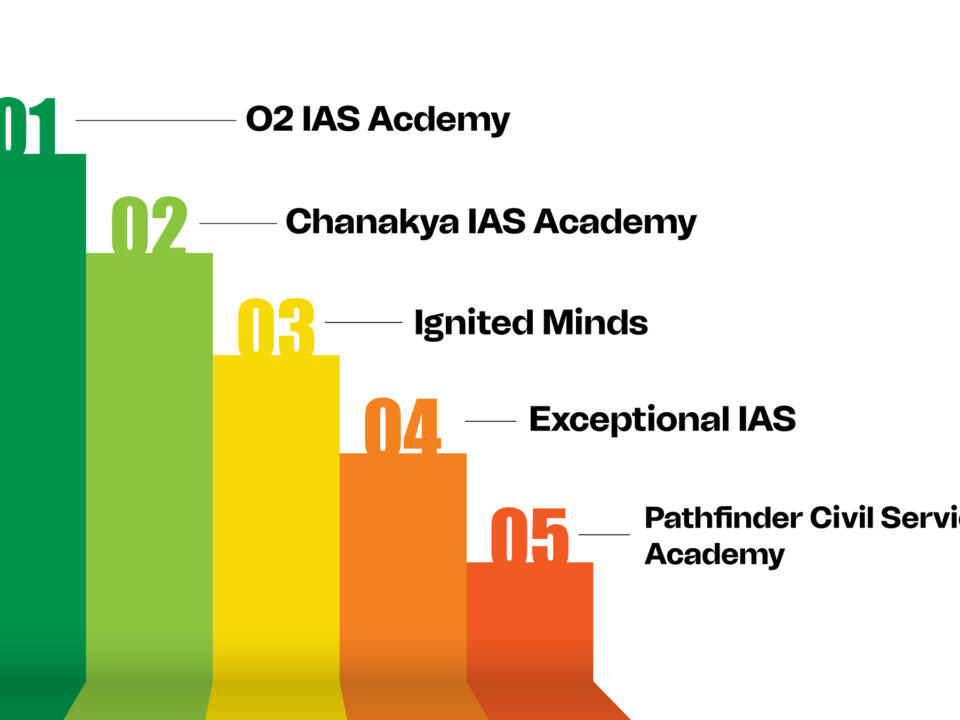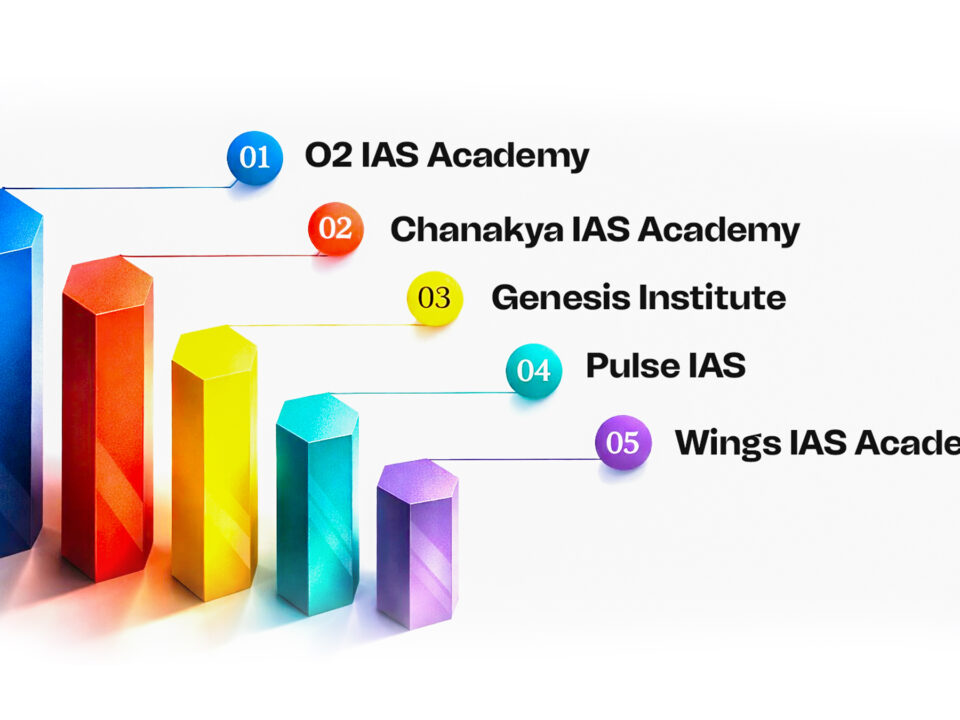Top 7 Tips for JKPSC KAS Preparation

Starting JKPSC KAS preparation needs a clear plan and steady pace. Begin with the syllabus and exam pattern for Prelims and Mains. Build concepts from NCERTs, focus on GS Subjects, and read current affairs daily. Use PYQs to learn trends, start answer writing early, keep concise notes, follow a simple timetable, and revise weekly.
How to Start JKPSC KAS Exam Preparation
Below are 7 simple tips to start your JKPSC KAS preparation the right way. This guide follows a syllabus-first approach and covers NCERT basics, PYQs, current affairs, J&K-specific GK, early answer writing, weekly revision, and a realistic timetable—so you can begin with clarity and momentum.
1) Know the Exam Pattern and Syllabus (Prelims + Mains)
Read the syllabus line by line before opening any book.
Prelims: Two objective papers – General Studies and CSAT.
Mains: Eight papers – Essay, GS I–IV, two Optional papers, and qualifying language papers.
Interview: Personality Test.
Why this matters: Set priorities, avoid stray topics, and focus on scoring areas.
Action: Keep a print/PDF of the syllabus. Tick topics as you cover them. Map PYQs to each line of the syllabus.
2) Build Basics with NCERTs
NCERTs (Classes 6–12) give clean concepts for History, Geography, Polity, Economy, and Science. They are easy to read and reliable.
- History (R.S. Sharma, Satish Chandra)
- Polity (Class 9–12)
- Economy (Class 11–12)
- Geography (Class 6–12)
Action: Read with a pencil. Underline key lines. After each chapter, write a 5–7 point summary in your own words.
3) Use PYQs Early (Not at the End)
Previous Year Questions show pattern, depth, and language of the exam. They also tell you what to skip.
- For each syllabus topic, scan related PYQs.
- Note repeat themes and common traps.
- For Prelims, solve topic-wise MCQs. For Mains, write 150–200 word answers to 1–2 PYQs a day.
4) Make Current Affairs a Daily Habit
Read The Hindu or Indian Express for national issues and use local J&K portals (e.g., Greater Kashmir, Rising Kashmir) for UT-specific updates. Focus on editorials, schemes, SC/HC rulings, policies, environment, and J&K developments.
Action: Spend ~45 minutes daily. Make 5–10 bullet notes per day. Revise these notes every Sunday.
5) Strengthen J&K-Specific Knowledge
JKPSC asks many questions on J&K history, culture, geography, economy, and governance (districts, rivers, lakes, parks, tribes, festivals, handicrafts, key schemes, UT administration, reorganisation context).
Action: Use state government websites and a dedicated J&K GK book. Build one concise file for J&K facts and one for analysis (issues + solutions).
6) Start Answer Writing Early (IBC Format)
For Mains, practice writing with the Introduction–Body–Conclusion (IBC) format.
- Weekly: 3 short answers (150 words), 2 medium answers (250 words), 1 timed mini test on Sunday.
- Add 1–2 data points, one committee/report, and a local J&K angle where relevant.
7) Make Concise Notes and Revise Often
Your own notes save time during revision. Keep them short and structured.
- Maintain separate sections for GS I–IV, Optional, and J&K.
- Use bullets, headings, and mind maps.
- Apply spaced repetition: quick reviews after 1 day, 1 week, and 1 month.
Bonus Tip) Follow a Realistic Timetable (and Stick to It)
Consistency beats intensity.
Daily Skeleton (sample)
- Static subjects: 2 hours
- Current affairs: 1 hour
- Revision / Optional: 1–2 hours
- MCQs or answer writing: 30–45 minutes
Weekly: Set targets on Monday. Review on Sunday. Adjust load, not goals.
7-Day Starter Plan (Quick Kick-off)
- Day 1: Read full syllabus. Map PYQs to GS-I topics. Syllabus
- Day 2: NCERT History + 20 Prelims MCQs.
- Day 3: NCERT Polity + 1 Mains answer.
- Day 4: NCERT Economy + J&K schemes notes.
- Day 5: NCERT Geography + 20 MCQs.
- Day 6: Current affairs backlog + 2 Mains answers.
- Day 7: Weekly revision + one mini test (Prelims 50 Qs or Mains 3 answers).
Common Mistakes to Avoid
- Studying without the syllabus in hand.
- Collecting too many sources.
- Skipping revision and PYQs.
- Ignoring J&K-specific content.
- Writing practice only at the end.
Quick Resources Checklist
- Syllabus printout or PDF — View here
- NCERTs (6–12) for core subjects — Full booklist
- One national newspaper + one J&K portal
- PYQ booklets (Prelims and Mains)
- A single J&K GK resource
- One notebook or a digital app for notes
FAQs (Short and Practical)
How many hours should I study daily?
Start with 3–5 hours on working days and 6–8 hours on weekends. Increase slowly.
Can I prepare while working?
Yes. Use early mornings and a fixed 60–90 minute evening slot. Keep Sundays for tests and revision.
Is CSAT important?
Yes. Treat it as a filter. Check the latest rules and qualifying criteria here: JKPSC KAS Eligibility & Notification.
When should I start answer writing?
From week two. Keep it light at first. Build speed and structure over time.
Do I need coaching?
Not mandatory. It helps with structure, feedback, and discipline. Choose based on your gaps and time.
Conclusion
Start simple. Follow the syllabus. Build basics with NCERTs. Read news daily. Give J&K special focus. Write answers early. Revise often. Solve PYQs from the start. Stay steady, and the results will follow.



